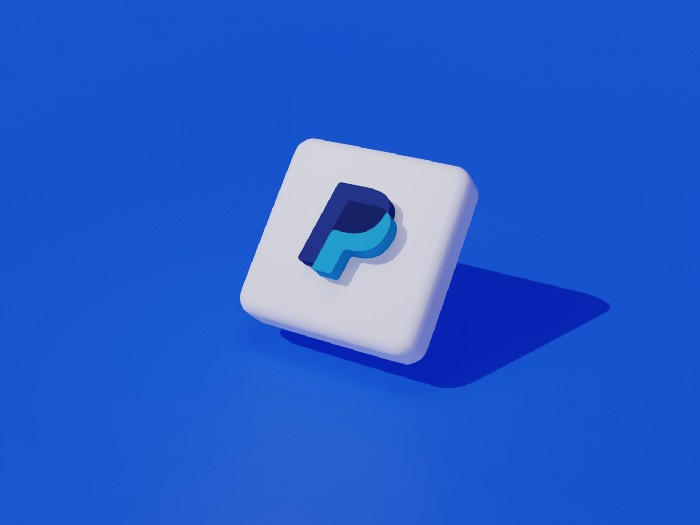A Risky Scheme? Buy Now, Pay Later Leads to Regret and Debt
Plus, how to get debt collectors out of your DMs
Buy Now, Pay Later — services like Klarna, AfterPay, Sezzle, and others — seems like a super convenient way to get what you need (or want) now and manage the purchase over a few smaller payments.
However, a survey released by DebtHammer suggests that a significant number of consumers end up regretting the decision — and many skip other bills in order to manage their BNPL payments.
The Struggle is Real
The survey revealed that while BNPL plans can seem like a great idea, the result can be a delicate balancing act to manage payments and other bills.
32% of Buy Now Pay Later plan users have had to skip paying an essential bill such as rent, utilities or child support in order to make their payments. Even after that, 30% report that they’ve struggled to make their payments.
In fact, PayPal’s “Pay in 4” Buy Now, Pay Later product has come under fire for hidden fees:
A lawsuit filed in federal court in California claims that PayPal’s buy now, pay later product is fraught with challenges for unwitting consumers.
In the complaint, the consumer alleges that fees associated with using the “free” service are not clearly disclosed and can have devastating consequences.
“In fact, there are huge, undisclosed fees and interest associated with using the service,” the complaint said. “In its rush to tout itself as convenient, simple, automatic, and free, PayPal does not disclose that overdraft and [insufficient fund fees] are a likely and devastating consequence of the use of its service.”
Concern over the products has reached regulators as the Consumer Financial Protection Bureau has indicated it is taking a look at Buy Now, Pay Later and the impact the products have on consumers.
Photo by Muhammad Asyfaul on Unsplash
Can you keep debt collectors out of your DMs?
Yes, it’s true. That new friend request you have pending could be from a debt collector. New rules from regulators allow collection agencies to use social media as a means of contacting a borrower to collect on a debt.
Want to avoid social media contact from debt collectors altogether?
First, don’t accept friend or follow requests from people you don’t know personally. If you do get a private message request, you can delete it, block it, or just ignore it.
Next, you have the right to choose how you are contacted — you can ask the debt collector NOT to contact you on social media. You should do so in writing — so, both in the means they reached out AND in an old school mailed letter. Ask them for an address to mail correspondence and write them a letter telling them your preferred method of communication.
What if they get aggressive or their contact reaches the level that you feel is harassment?
Again, it’s important to document — so, send a certified letter to the collector documenting the excessive contact and specifically telling them to cease and desist contact in that manner. You can find some sample letters here.
Next, file a complaint with the Consumer Financial Protection Bureau (CFPB).
MORE Consumer News:




